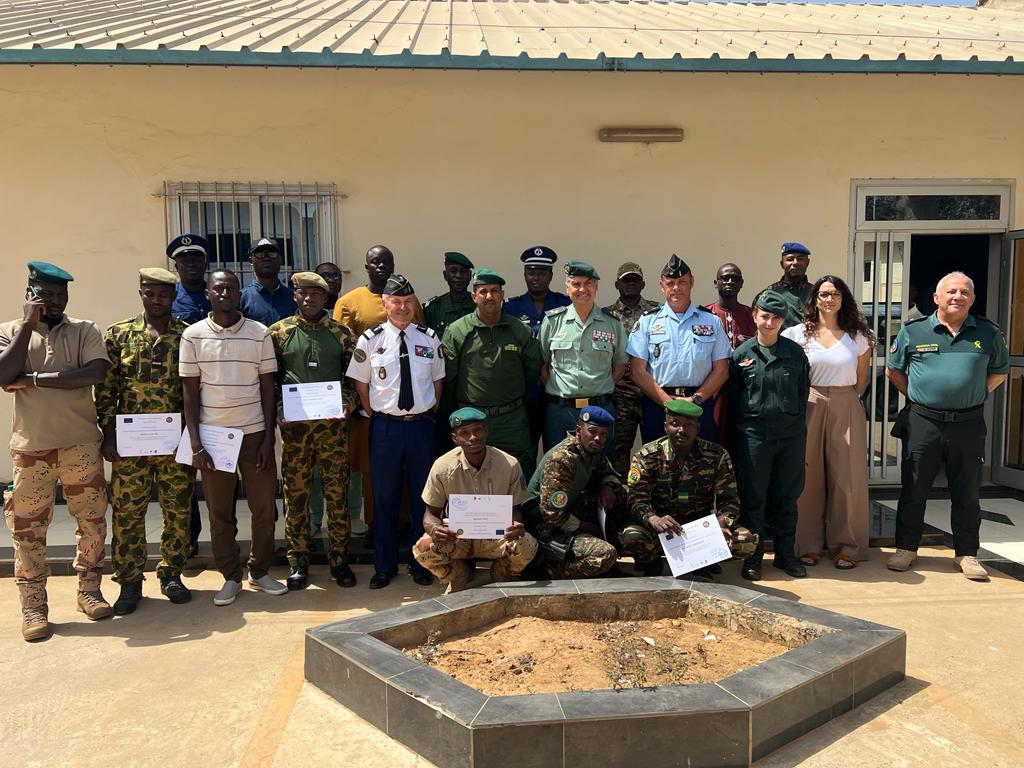The European Commission has launched an investigation following reports that an EU-funded Senegalese security force, intended to combat cross-border crime, was instead used to crack down on peaceful protestors. Compelling investigative reports by Al Jazeera and the PorCausa Foundation revealed that the Senegalese government deployed the special counter-terrorism unit, created and trained with EU funding, to violently suppress recent pro-democracy protests.
The protests erupted in 2021 during the trial of opposition leader Ousmane Sonko, leading to dozens of deaths. Visual evidence, Spanish government contracts, a confidential evaluation report, and testimonies suggest that the EU-funded Rapid Action Surveillance and Intervention Group (GAR-SI) was used to crush these protests.
The GAR-SI units were deployed in Casamance to suppress demonstrations, rather than being stationed in Senegal’s border areas with Mali as intended. This misuse of resources and violation of human rights has prompted the European Commission to work closely with the Senegalese government to ensure that security forces are used appropriately and to prevent similar incidents in the future.
The GAR-SI project, funded with 75 million euros from the EU’s Emergency Trust Fund for Africa, aimed to combat cross-border crime and protect Senegal from potential incursions by armed groups. The Senegalese 300-strong unit, created in 2017, cost more than 7 million euros and received training from Spanish, French, Italian, and Portuguese security forces. This comes with an obligation by the European Commission to ensure its programs in Senegal do not breach human rights.
Following the project’s completion, the EU delegation in Senegal continued with a second phase using another funding mechanism, according to one Spanish and one Senegalese police source familiar with the matter. About 4.5 million euros ($4.9 million) was earmarked for a second 250-strong GAR-SI Senegal unit near the town of Saraya, close to the border with Guinea and Mali.
A second unit was also created in Mali, but for other countries, especially Chad, the project was considered a “failure,” according to a former Senegalese police official, who said the EU lost money by paying for equipment that was not appropriate for use.










